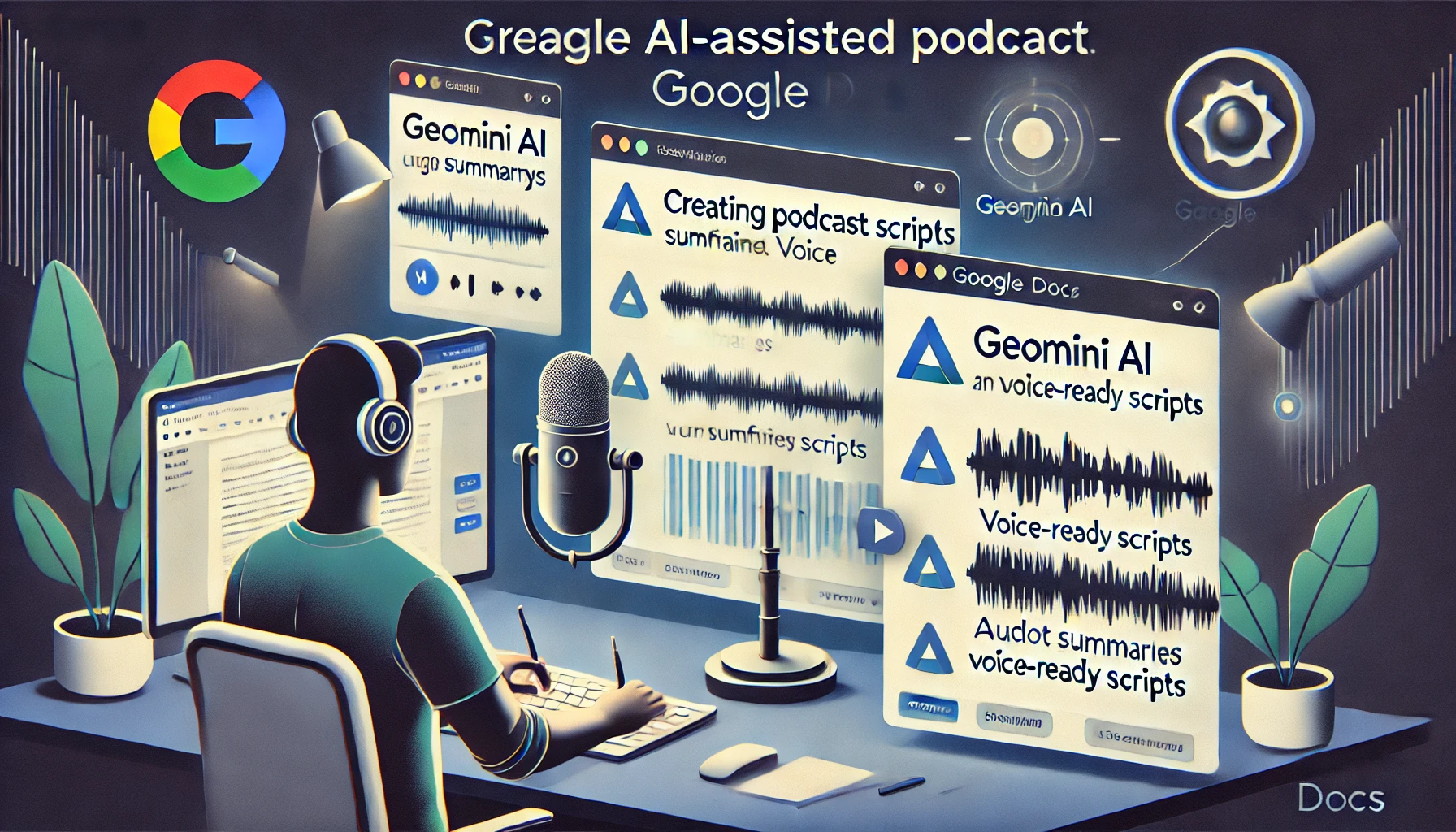In an unassuming office in downtown San Francisco, Justin Harrison is pioneering a new frontier in technology—one that seeks to redefine the human experience of loss. His company, You, Only Virtual, is at the heart of a burgeoning global industry known as “grief tech,” which harnesses artificial intelligence to recreate digital versions of deceased loved ones. By using data from texts, emails, social media interactions, and other digital footprints, Harrison aims to offer grieving families a new way to maintain a connection with the departed—through a virtual representation powered by AI.
“We’re not trying to replace anyone,” Harrison insists during a visit from The Guardian. “We’re providing a bridge—something to ease the transition, to help people feel connected to the essence of the person they’ve lost, even when they’re no longer physically here.”
The idea that technology could help people cope with grief is not entirely new. For years, individuals have revisited photos, videos, and voice messages to keep memories of loved ones alive. But You, Only Virtual takes this a step further—using advanced AI models to mimic the personalities, mannerisms, and communication styles of the deceased, based on the data they left behind. Harrison refers to these recreations as “digital avatars,” designed to engage with users through text-based interactions, with the potential to include voice or even video in future iterations.
A New Era of Grief
While the prospect of communicating with a digital version of a deceased loved one might sound like something out of science fiction, the reality of grief tech is rapidly advancing. Harrison’s company is just one of several startups in this field, alongside ventures like HereAfter AI and Replika, which explore how AI might offer comfort through simulating human presence. What makes You, Only Virtual stand out, however, is its focus on capturing the emotional nuance and depth that make these digital recreations feel authentic.
One of Harrison’s early clients, Susan Williams, lost her husband to cancer two years ago. After struggling with grief, she decided to participate in You, Only Virtual’s beta program, uploading years of her husband’s emails, texts, and social media posts. The experience, she says, has been bittersweet.
“At first, it was strange,” Susan admits. “But over time, it started to feel like I was having conversations we never got to have. He wasn’t really there, of course, but the way the AI responded—it felt close to how he would have.”
While Susan acknowledges that the experience hasn’t replaced the pain of loss, it has provided her with a sense of comfort. “It’s not him, but it’s something. It helps me feel like he’s not completely gone.”
The Ethical Dilemma: Can We Really Replace the Departed?
However, the rise of grief tech raises profound ethical questions. At its core is the issue of whether technology should play such a significant role in the grieving process, and what it means for humanity if the dead can be digitally resurrected. Critics argue that relying on AI to recreate the deceased could prevent individuals from moving forward in their grief, potentially trapping them in a virtual loop of mourning. Others raise concerns about privacy and consent—whether the digital footprint of a deceased person should be used in such a way, especially if they never explicitly consented to it.
“What does it say about our species that we’re so eager to digitally replicate what has naturally departed?” asks Dr. Maria Gonzalez, a professor of ethics at Stanford University. “We need to think carefully about how far we’re willing to go. At some point, we may lose the line between memory and simulation, between life and artificiality.”
Harrison is acutely aware of these concerns. “This technology isn’t for everyone,” he says. “It’s not a replacement for grief, and it’s certainly not meant to prolong it indefinitely. Our goal is to help people find some peace, to offer a new way to connect with their memories. But we’re not pretending this will replace real human relationships or experiences.”
The Future of Digital Grief
As AI technology continues to evolve, so too does the potential of grief tech. What is currently limited to text-based interactions may soon include immersive virtual reality environments or lifelike avatars capable of real-time conversation. Harrison envisions a future where grieving families might be able to see, hear, and even “talk” to their lost loved ones through holograms or augmented reality devices.
But such advancements come with a cautionary tale. “We’re at the very beginning of understanding what AI can do in this space,” Harrison acknowledges. “There are incredible possibilities, but also significant responsibilities. We need to make sure that we’re developing this technology in a way that respects the emotional and ethical complexities of grief.”
For now, You, Only Virtual remains a unique experiment at the intersection of AI, memory, and human emotion. As society grapples with the implications of this new technology, Harrison’s mission serves as both a glimpse into the future and a reflection on what it means to be human in a world where even death may not be the end of our digital existence.
In this brave new world of AI-assisted mourning, one thing remains clear: the digital age is reshaping not just how we live, but how we say goodbye.





